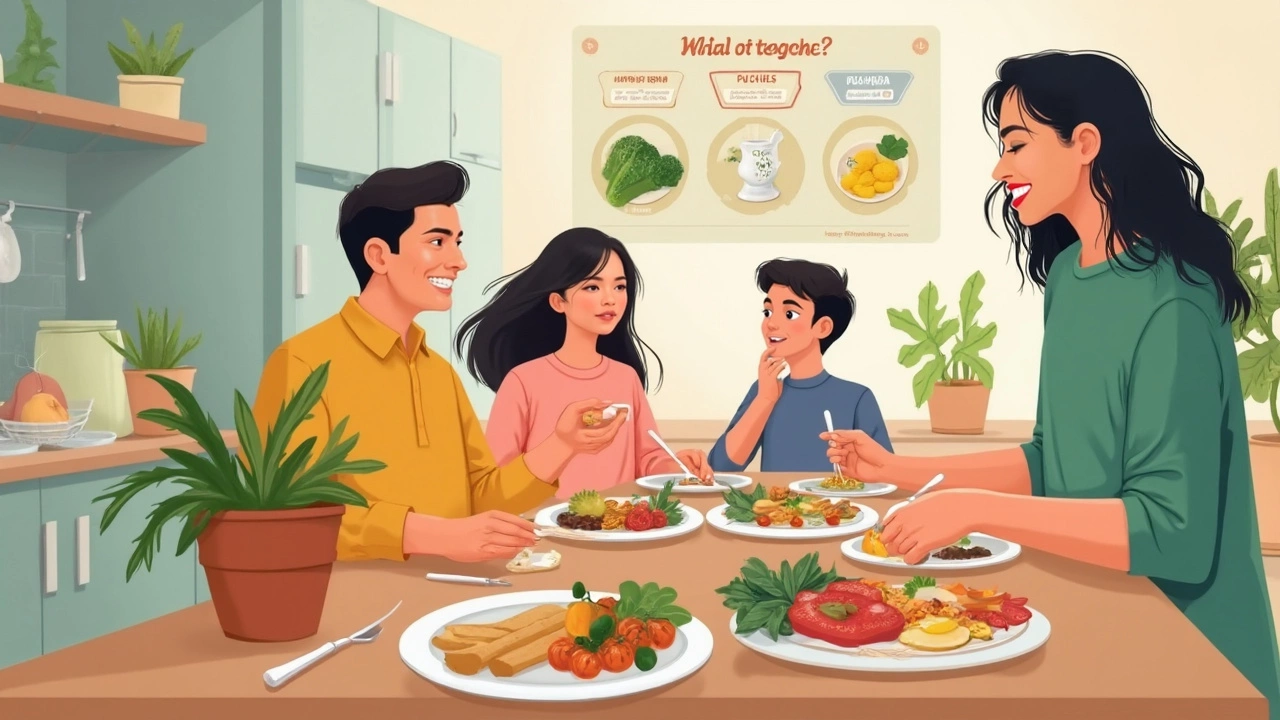Missing Nutrients in a Vegan Diet – What to Watch For
If you’ve gone plant‑based, you’ve probably heard that vegans can miss a few important nutrients. That doesn’t mean a vegan diet is unsafe – it just means you have to plan a bit smarter. Below we’ll break down the nutrients that show up on most “watch‑list” charts and give you everyday ways to fill the gaps without turning your kitchen into a lab.
Key Nutrients You Might Miss
Vitamin B12 is the most famous one. It’s mainly in animal products, so vegans need fortified foods or a supplement. Without enough B12 you can feel tired, weak, or get nerve problems.
Iron is another. Plant iron (non‑heme) isn’t absorbed as well as the kind in meat. You’ll find it in lentils, chickpeas, pumpkin seeds, and dark leafy greens, but pair those with vitamin C‑rich foods like bell peppers to boost absorption.
Calcium isn’t only in dairy. Tofu set with calcium, fortified plant milks, almonds, and kale can keep your bones strong. Keep an eye on how much you’re getting if you skip fortified drinks.
Omega‑3 fatty acids (EPA and DHA) are usually in fish. Algae‑based supplements or foods like chia seeds, flaxseeds, and walnuts give you ALA, which the body can turn into EPA/DHA, though the conversion is limited.
Vitamin D helps calcium, and it’s hard to get enough from food alone. Sun exposure helps, but in winter or cloudy areas a D2 or D3 supplement (look for vegan‑certified) is wise.
Other nutrients worth checking are zinc (found in beans, nuts, and seeds), iodine (in seaweed or iodized salt), and protein (which is easier than many think when you mix beans, grains, and nuts).
Easy Ways to Cover the Gaps
First, look for fortified foods. Many plant milks, breakfast cereals, and nutritional yeast are packed with B12, calcium, and vitamin D. A single serving can give you a big chunk of the daily value.
If you’re not a fan of fortified stuff, a daily vegan B12 supplement – 25 µg for most adults – is cheap and reliable. For omega‑3, a small algae oil capsule each day does the trick without any fishy aftertaste.
Build meals with a mix of protein and “boosters.” For example, a bowl of quinoa, black beans, roasted broccoli, and a squeeze of lemon covers protein, iron, calcium, and vitamin C all at once. Toss in a tablespoon of ground flaxseed for extra ALA.
Snack smart. A handful of almonds or a piece of fruit with a spoonful of peanut butter gives you zinc, healthy fats, and protein in a bite‑size package.
Don’t forget the seaweed snack. A few sheets of nori or a sprinkle of kelp powder can bump up iodine without adding salt.
Finally, schedule a quick blood test once a year. It’s the easiest way to see if you’re low on B12, iron, or vitamin D, and you can adjust your plan before any symptoms show up.
Going vegan doesn’t have to be a guessing game. By focusing on fortified staples, a few targeted supplements, and nutrient‑dense whole foods, you can enjoy all the benefits of a plant‑based diet while staying healthy and strong.
What Nutrients Do Vegans Miss? Critical Deficiencies Explained


